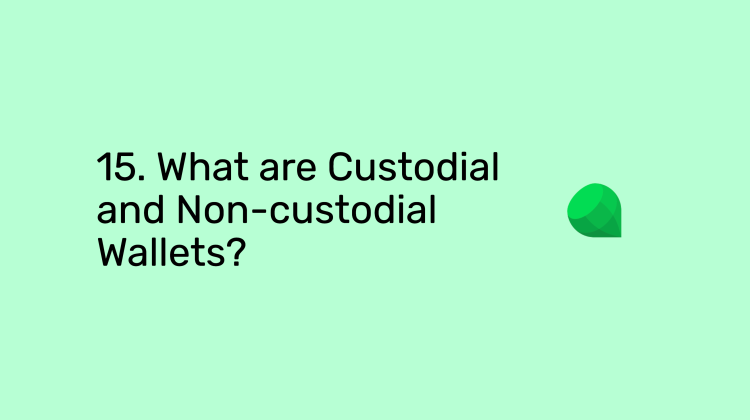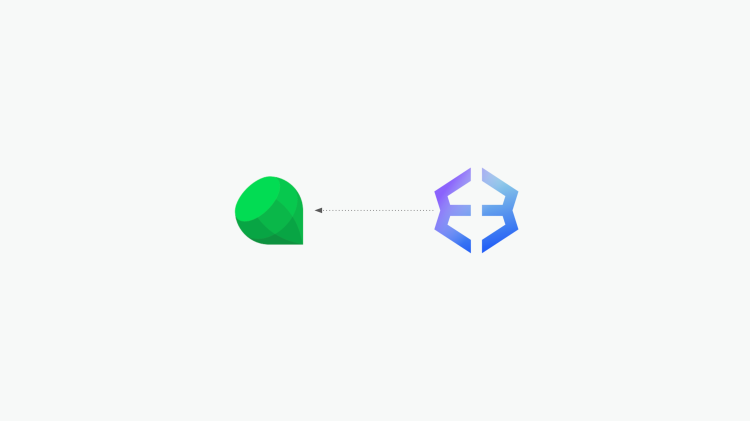Emerald Blockchain Course class 15 about custodial and non-custodial wallets.
You can watch this class here:
In the following sections we will explain what custodial and non-custodial means, and what are custodial and non-custodial wallets.
1. Custodial meaning.
The term "custodial" for services in the blockchain industry means that somebody else has possession, control, use, and legal property of your assets.
You only have a liability from others.

It is exactly the same as in the traditional banking industry, where banks have your money and you only have a liability from them.
If you have Bitcoin, Ethereum, or Ethereum Classic in a custodial wallet, then they have the assets and you only have a promise from them that they will give them to you at some point in the future.
2. Custodial wallets.
By the definition above, custodial wallets are centralized. This means that they have all the private keys of their addresses on the blockchains and thus control all assets in their private servers.

These services give you permissioned access through the web and apps, so this may give the impression that users are in control. However, even Coinbase has clarified that if they ever go bankrupt, which is not the case right now, users would have to go through the bankruptcy process to recover their assets if any are left.
Centralized crypto providers are third party financial services by definition, so they are subject to regulation in whichever country they perform.
Exchanges and centralized wallets are what are called “custodial” wallets.
3. Non-custodial meaning.
The term "non-custodial" or "self custody" means you have possession, control, use, and legal property of your assets.

When you have the private keys of addresses on the blockchain, you and only you may possess and control your assets.
It is more or less like having your gold and cash at home instead of at a financial institution, but much more secure if you keep your private keys safe.
4. Non-custodial wallets.
By the definition above, non-custodial or self custody wallets are decentralized because all the users have the private keys in their control. They just use the software or hardware wallets as a means to see their balances and send transactions.

You have permissionless access through the web and apps to the various blockchains, because from your self custody wallets you can send transactions that reach the networks directly rather than passing through intermediaries.
Because non-custodial wallets are like having your gold or cash at home, then there is no financial service in the middle, therefore there is no regulation that governs that as it is your private business.
For this, software wallets like Emerald and hardware wallets are what are called “non-custodial” or “self custody” wallets.
Thank you for following this class!
Please download and start using Emerald here:



